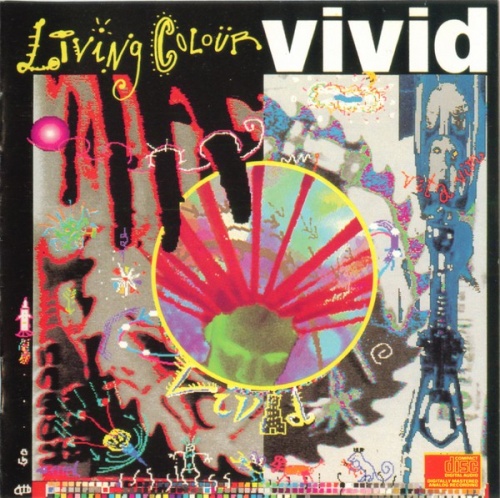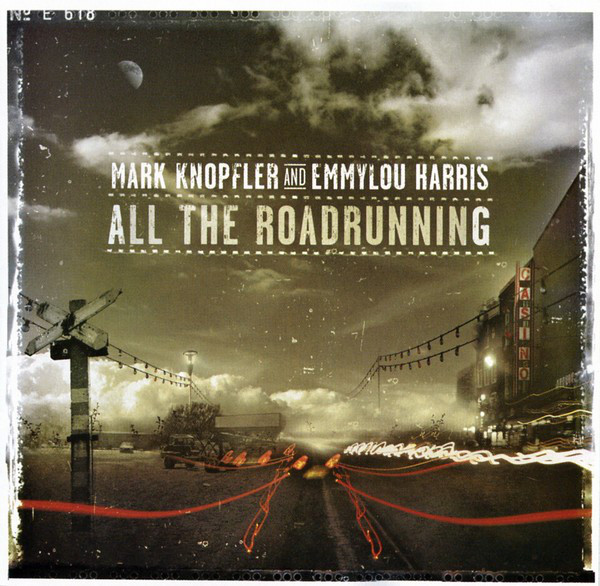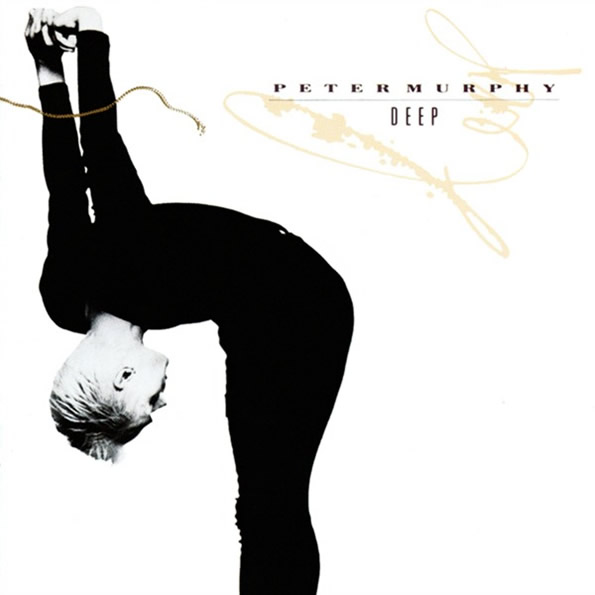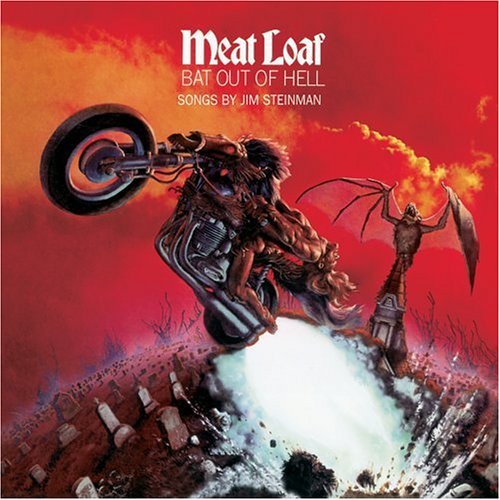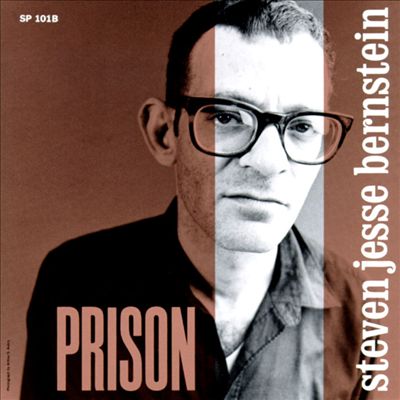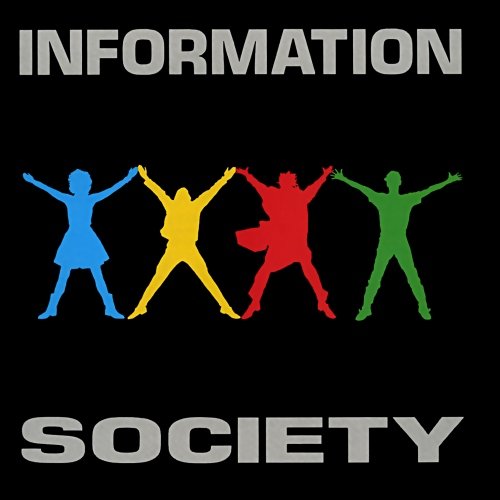The Psychedelic Furs‘ 1991 swan song, World Outside has been one of my go-to albums since its release.
The Furs snuck this one in just before grunge, industrial, and second (or maybe third) wave punk took over the alternative music world. Released in July 1991, Pearl Jam’s Ten and Nirvana’s Nevermind came out in September and crowded out the old school new wavers like the Furs.
Critically, World Outside was dinged (basically) because the band had the audacity to mature a bit, and because it didn’t have another “Pretty in Pink” on it. While it’s fair to say none of the songs are quite worthy of a John Hughes film, it’s a solid album from start to finish.
[youtube https://youtu.be/dNEDY9I_wOk]
World Outside is a lush and complex album, there’s a lot going on in each track and it rewards repeated listens. “Valentine,” the first track on World Outside sets the tone perfectly. Butler’s trademark rasp rides on layered guitars and a lazy, steady beat.
“In My Head” picks up the tempo a bit, a no-frills crowd-pleaser that wouldn’t have been out of place as a single. (But wasn’t.)
The two singles on the album “Until She Comes” and “Don’t be a Girl” show a softer side of the band. “Until She Comes” is synth-heavy and melodic. “Don’t be a Girl,” keeps the same pace, but replaces the acoustic guitar with a undercurrent of heavier guitar and bleating sax that echoes earlier Furs tracks.
On album, World Outside feels introspective and at times sleepy. “Better Days” is the only cut where the band really cuts loose. It has the trademark warbly sax, unrestrained guitar, and Richard Butler tearing into the vocals with abandon.
Live, though, there’s plenty of room for the Furs to open up and tear the songs open at the seams. While this may not be the Psychedelic Furs best album, I have a strong fondness for it because I had the opportunity to see the band touring for the album in early 1992. The Furs played Mississippi Nights, an all-ages music club that ran from 1979 to 2007 in the Laclede’s Landing area of St. Louis.
[youtube https://youtu.be/pzIgeOh36_I]
The opening band, Pale Divine, was a local favorite at the time. Butler nabbed Pale Divine’s guitarist (Richard Fortus) for his next project, Love Spit Love.
“All About You,” the final cut on World Outside, is one of those songs that really needs an album format to support it. It never really takes off, just sort of glides along and takes you with it. It’s a fitting closer for the album and the Furs’ discography, leading off with Butler pronouncing “Now the time is almost done, the race for last is almost run, and almost paid.” Of course, the song seems to be about love gone cold, but also reads as shutting the door on the band as well.
The Psychedelic Furs’ World Outside is like a coda for 80s “new wave” bands. Along with Duran Duran’s second self-titled album, it was the last good album from a band that helped define the 80s.
The difference is, Duran Duran kept recording, while the Furs wisely went out on a high note. Sure, the Furs are touring again, but World Outside was the last studio output from Butler and company. After 25 years, I’d be skeptical of fresh output from the band. (But, hey, what do I know? Despite all odds, The Monkees managed to whip up a decent comeback album this year.)
